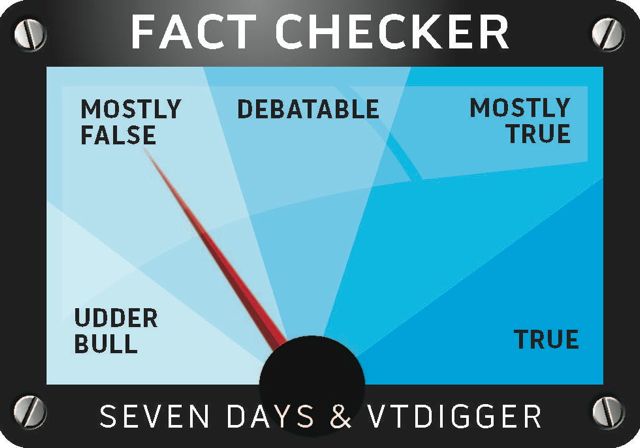Without a doubt, the most media savvy member of Prime Minister Justin Trudeau's cabinet is Public Safety Minister Ralph Goodale.
Yet, Goodale didn't really come across as too savvy when he recently got caught up in a hostile media scrum, a scrum in which reporters went after him like a pack of hungry wolves tearing apart a wounded lamb.
Not a pretty sight.
If you missed it, the impromptu news conference, which was caught on TV cameras, involved journalists bombarding a beleaguered Goodale with tough questions relating to a controversy stemming from Trudeau's recent trip to India.
More specifically, journalists wanted to know why a government bureaucrat suggested in a media briefing that "rogue elements" in the Indian government may have sabotaged Trudeau's trip by orchestrating an invitation to Jaspal Atwal, a convicted terrorist.
Anyway, throughout the scrum a besieged and clearly uncomfortable Goodale refused to directly answer questions, and instead relentlessly hid behind the line that he was protecting "classified" information, a response that failed to satisfy the media.
The whole spectacle was, in a word, awkward.
But what made this incident truly remarkable was that up until now the Trudeau government had enjoyed an extremely friendly relationship with the media.
Indeed, if anything the two sides had a kind of symbiotic relationship Trudeau provided the media with a never ending stream of visually-appealing photo ops, the media reciprocated by providing the Trudeau government with mostly positive coverage.
It even got to the point, where the media was seemingly coming to Trudeau's rescue whenever he found himself in hot water.
For instance, after Trudeau paid out $10 million to Omar Khadr, many in the media quickly pinned the blame for the payout on former Prime Minister Stephen Harper; or when Trudeau was found guilty of conflict of interest charges because he vacationed on a private island with a billionaire, the media presented it as an almost ho hum story; or when Trudeau became a laughing stock because of his infamous "Peoplekind" comment, some in the media pushed the theory that the mockery was part of an American right- wing plot to undermine the Canadian government during NAFTA negotiations.
So maybe this is why, when Trudeau came under fire over the Atwal invitation, his staff turned to the media for help.
Certainly, it appears like the Prime Minister's Office arranged for this unnamed government bureaucrat to spin the media, i.e. to sell the story that Trudeau was actually a victim of some nefarious conspiracy.
And at first this strategy seemed to work.
The CBC, for example, ran a story with the headline, "Rogue Indian political elements may be trying to make Canada look weak on Sikh extremism: source"
But the problem with this tactic was that once the Liberals planted the conspiracy story, it quickly spawned a series of questions.
Why would the Indian government want to embarrass Trudeau? Is it proper for a supposedly non-partisan bureaucrat to engage in damage control on behalf of a political party?
And why won't the Liberals allow the unnamed public official (actually everybody in the media seems to know his identity) to openly testify in Parliament?
Making things even more confusing was that a Liberal MP, Randeep Sarai, had already obligingly fallen on his sword to protect the Prime Minister by accepting all the blame for inviting Atwal.
So was Sarai part of the conspiracy?
My point is, the Liberals have unwittingly turned a blunder into a mystery.
And since the media is by nature a curious lot, mysteries are something they feel compelled to solve.
Hence, Goodale's unpleasant media scrum.
The lesson here for politicians and for political operatives is to always think through your media strategy.
Never assume that just because the media likes you, they won't turn on you.






